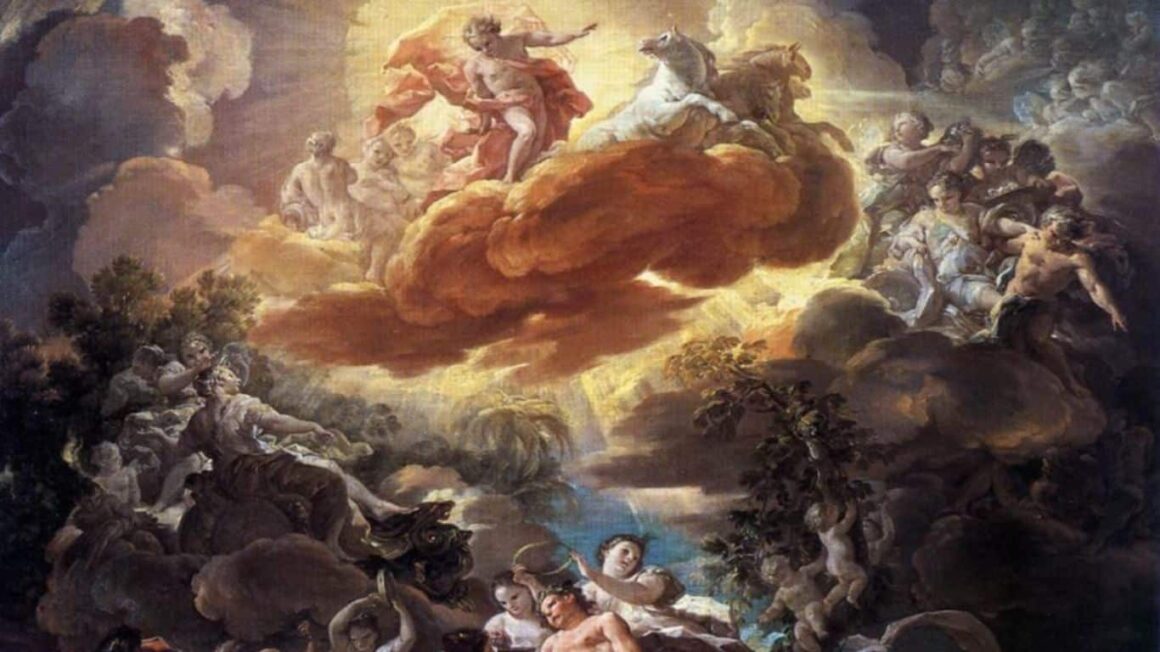- The Titans were the first generation of gods and goddesses and were known for their strength and power.
- Gaia and Uranus are said to have given birth to the Titans, who were known for their great strength and power.
- The Titans were the first generation of gods and goddesses and were the children of Gaia and Uranus.
- The Hecatonchires were a race of hundred-handed giants and were known for their strength and ferocity in battle.
- Gaia and Uranus were the first generation of gods and goddesses, Gaia gave birth to Uranus and together they created the…
- Demeter and Hestia were also born from Cronus.
In Greek mythology, the creation of the world is a captivating and intricate story that explains the emergence of the universe from chaos and the birth of the gods and goddesses who would come to rule over the earth. The story of the creation of the world in Greek mythology is a complex narrative that has fascinated people for centuries. It details the emergence of the universe from the void of nothingness, known as Chaos, and the rise of the powerful deities who would shape the world as we know it. This article will delve into the rich history of the creation of the world in Greek mythology, exploring the key figures and events that shaped the ancient Greek understanding of the universe. From the emergence of Gaia and Uranus to the rise of Zeus and his siblings, this article will provide a comprehensive overview of this captivating story.
The Creation of the World in Greek Mythology
The void of nothingness
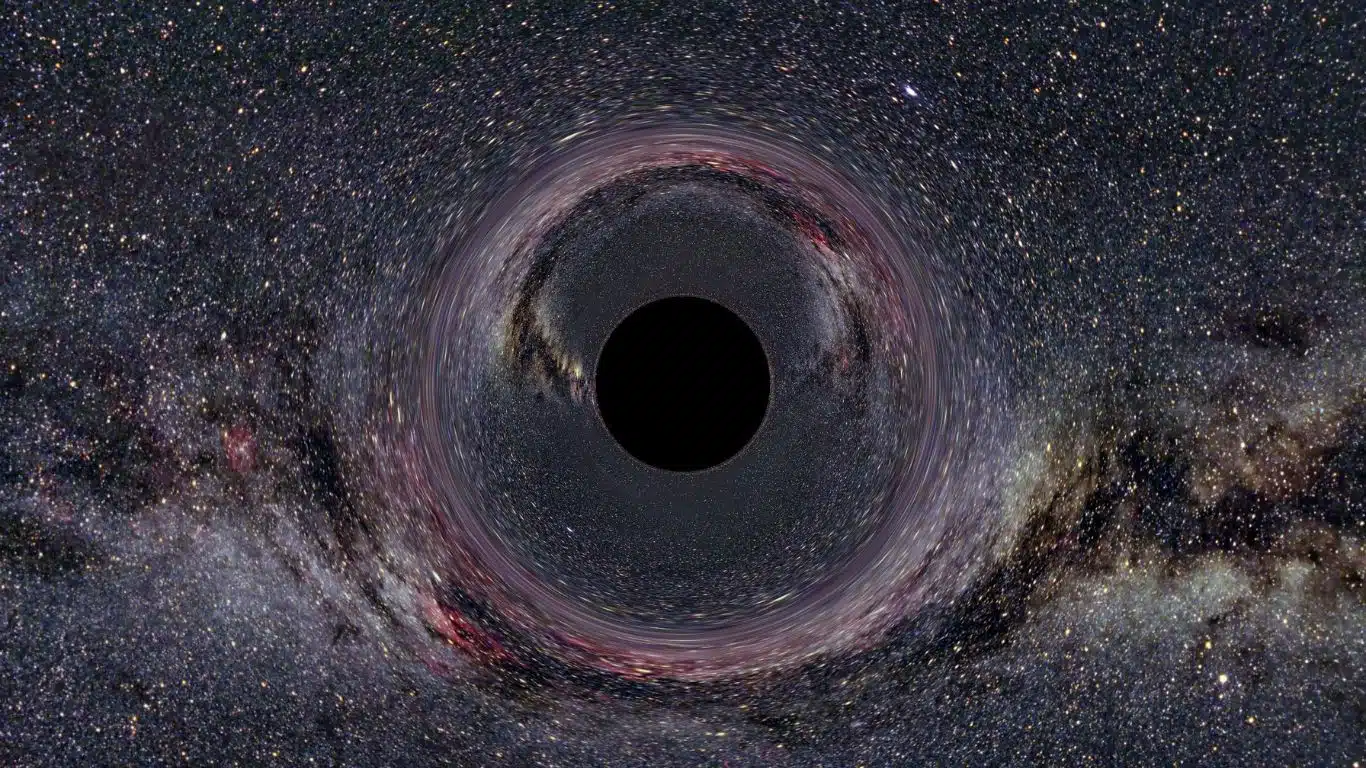
In Greek mythology, the creation of the world begins with Chaos, the void of nothingness. Chaos is the state of the universe before anything else existed. It is the emptiness and darkness that existed before the creation of the world. The Greeks believed that Chaos was the first principle or element of the universe, from which all other things emerged. According to the ancient Greek creation story, Chaos gave birth to the first being, Gaia (Earth), who emerged from Chaos and began the process of creating the world.
The idea of Chaos as the beginning of the world is rooted in the ancient Greek belief that the universe was always in a state of flux and change. It is a reminder that everything in the universe is temporary and that even the greatest of things can come to an end. The concept of Chaos in Greek mythology is also associated with the idea of potentiality, that everything in the universe has the potential to be created from the void of nothingness. It is the first principle or element of the universe, from which all other things emerged. And it represents the ancient Greek belief that the universe was always in a state of flux and change.
First being Gaia (Earth)
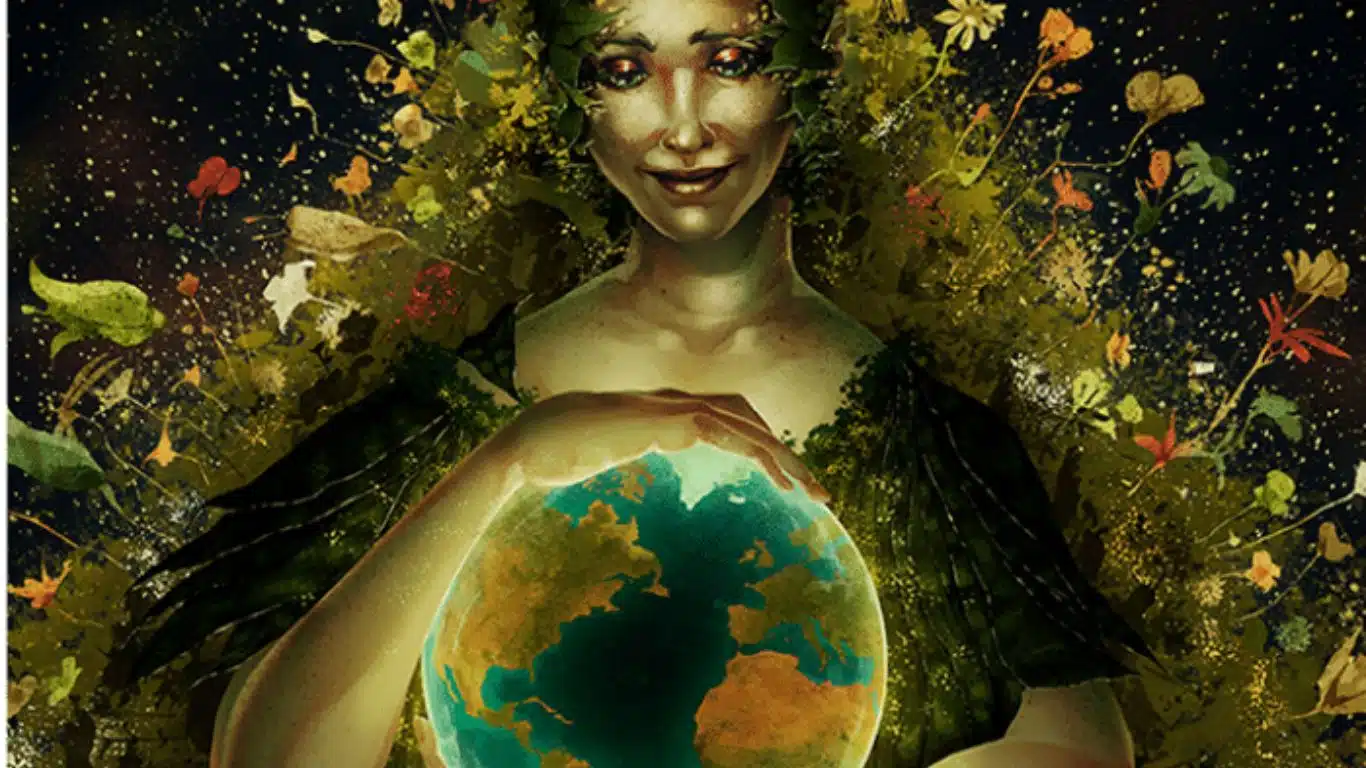
Gaia (Earth) is the first being that emerged from Chaos, the void of nothingness. Gaia is the personification of the earth and is often referred to as the mother of all things. According to the ancient Greek creation story, Gaia emerged from Chaos and began the process of creating the world.
Gaia is said to have given birth to the Titans, the Cyclops, and the Hecatonchires, all of whom were born from her union with Uranus, the personification of the sky. The Titans were the first generation of gods and goddesses and were known for their strength and power. The Cyclops were a race of one-eyed giants, and the Hecatonchires were a race of hundred-handed giants. All of these beings were born from Gaia, who gave birth to them without the help of a father.
In Greek mythology, Gaia is considered the mother of all things, and she represents the earth, the source of all life. Her emergence from Chaos represents the idea that the earth and all living things emerged from the void of nothingness. This is a reminder that everything in the universe has the potential to be created from the void of nothingness. Gaia emerged from Chaos and began the process of creating the world by giving birth to the Titans, Cyclops, and Hecatonchires, all of whom were born from her union with Uranus, the personification of the sky.
Uranus (Sky) and Titans
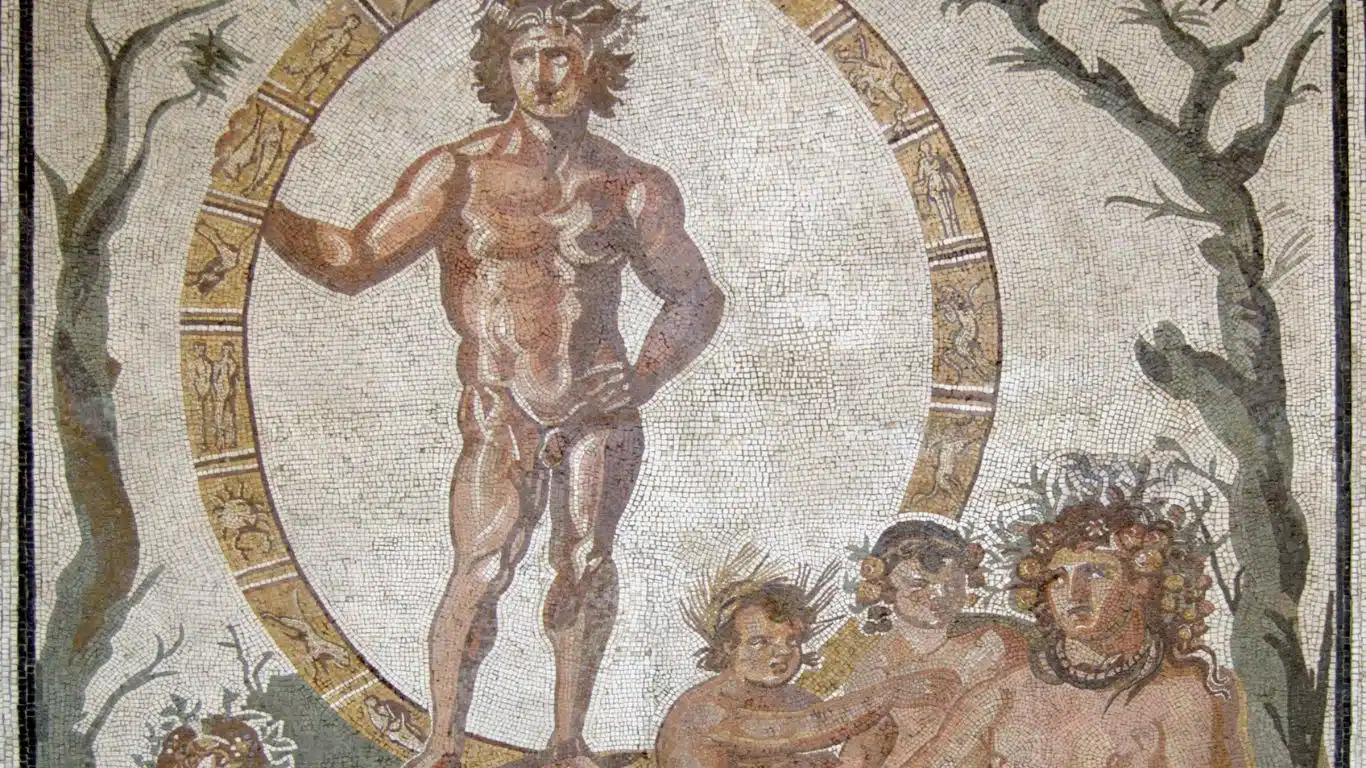
Gaia (Earth) gave birth to Uranus (Sky) and together they created the Titans, the Cyclops, and the Hecatonchires. According to the ancient Greek creation story, Gaia and Uranus were the first generation of gods and goddesses and were responsible for creating the first beings that would populate the world.
Gaia and Uranus are said to have given birth to the Titans, who were known for their great strength and power. The Titans were the first generation of gods and goddesses and were the children of Gaia and Uranus. They were considered to be the elder gods, and they were responsible for many aspects of the world, such as the seasons, the oceans, and the winds.
The Cyclops and the Hecatonchires were also born from the union of Gaia and Uranus. The Cyclops were a race of one-eyed giants who were known for their strength and skill as blacksmiths. They were said to have created lightning bolts for Zeus and other gods. The Hecatonchires were a race of hundred-handed giants and were known for their strength and ferocity in battle.
Gaia and Uranus were the first generation of gods and goddesses, Gaia gave birth to Uranus and together they created the Titans, the Cyclops and the Hecatonchires. The Titans were known for their strength and power and were the first generation of gods and goddesses, the Cyclops were a race of one-eyed giants who were known for their strength and skill as blacksmiths, and the Hecatonchires were a race of hundred-handed giants and were known for their strength and ferocity in battle. This is a reminder that everything in the universe has the potential to be created from the void of nothingness.
Cronus
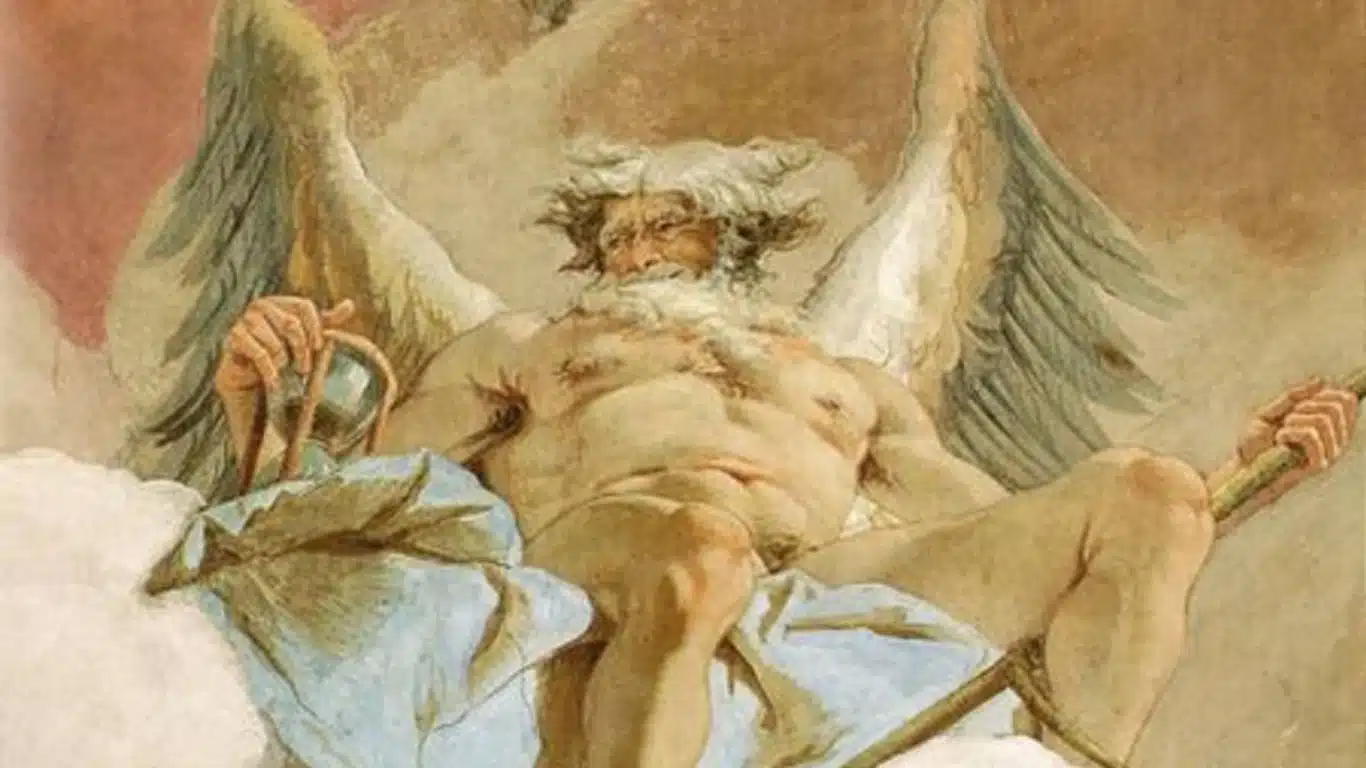
Cronus was the son of Gaia and Uranus and was the leader of the Titans. According to the ancient Greek creation story, Cronus overthrew his father Uranus and became the leader of the Titans. He was known for his power and strength, and he was feared by many. One of Cronus’ most significant acts was the giving birth to Zeus, Poseidon, Hades, Demeter, and Hestia. Zeus, Poseidon and Hades are known as the Olympian gods, who were the brothers and the most powerful gods in Greek mythology. They were known for their godlike powers, such as the ability to control the weather, the sea, and the underworld respectively.
Demeter and Hestia were also born from Cronus. Demeter was the goddess of agriculture and fertility and was responsible for the growth of crops and the abundance of food. Hestia was the goddess of hearth and home, and was responsible for the protection of the household. Cronus’ act of giving birth to these gods and goddesses is significant because it marked the end of the rule of the Titans and the beginning of the rule of the Olympian gods. This change in power marked a new era in Greek mythology and is a reminder of the cyclical nature of power and the constant change that occurs in the world.
Cronus, son of Gaia and Uranus, overthrew his father Uranus and gave birth to Zeus, Poseidon, Hades, Demeter and Hestia. Zeus, Poseidon and Hades are known as the Olympian gods, who were the brothers and the most powerful gods in Greek mythology. They were known for their godlike powers, such as the ability to control the weather, the sea, and the underworld respectively. Demeter and Hestia were also born from Cronus, Demeter was the goddess of agriculture and fertility and Hestia was the goddess of hearth and home. This act of giving birth to these gods and goddesses marked the end of the rule of the Titans and the beginning of the rule of the Olympian gods.
Zeus defeated Cronus
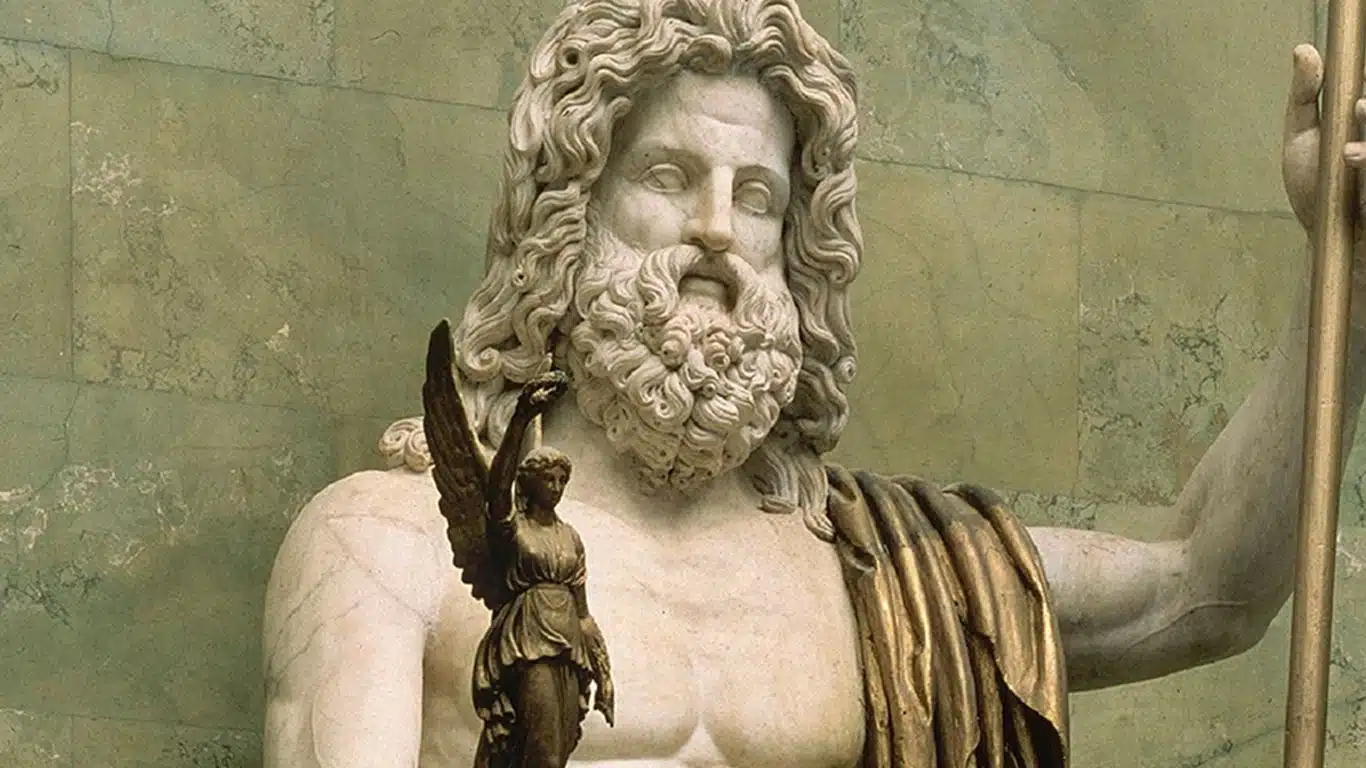
The creation of the world in Greek mythology begins with the emergence of Gaia, the personification of the Earth, from Chaos, the void of nothingness. Gaia then gave birth to Uranus, the personification of the sky, and together they created the Titans, the Cyclops, and the Hecatonchires. However, Cronus, one of the Titans and the son of Gaia and Uranus, overthrew his father Uranus and gave birth to Zeus, Poseidon, Hades, Demeter, and Hestia. These six Olympian gods were known for their godlike powers, with Zeus being the ruler of the sky and the god of thunder, Poseidon being the ruler of the sea and the god of earthquakes, and Hades being the ruler of the underworld and the god of the dead.
The Titans, led by Cronus, were the previous rulers of the world, but Zeus and his siblings were able to defeat them in a great battle known as the Titanomachy. This battle marked the end of the rule of the Titans and the beginning of the rule of the Olympian gods. Zeus and his siblings then divided the world among themselves, with Zeus becoming the ruler of the sky, Poseidon becoming the ruler of the sea, and Hades becoming the ruler of the underworld. This division of power marked a new era in Greek mythology, a reminder of the cyclical nature of power and the constant change that occurs in the world.
Also Read: Top 15 Superheroes Inspired From Greek Mythology In Comics
